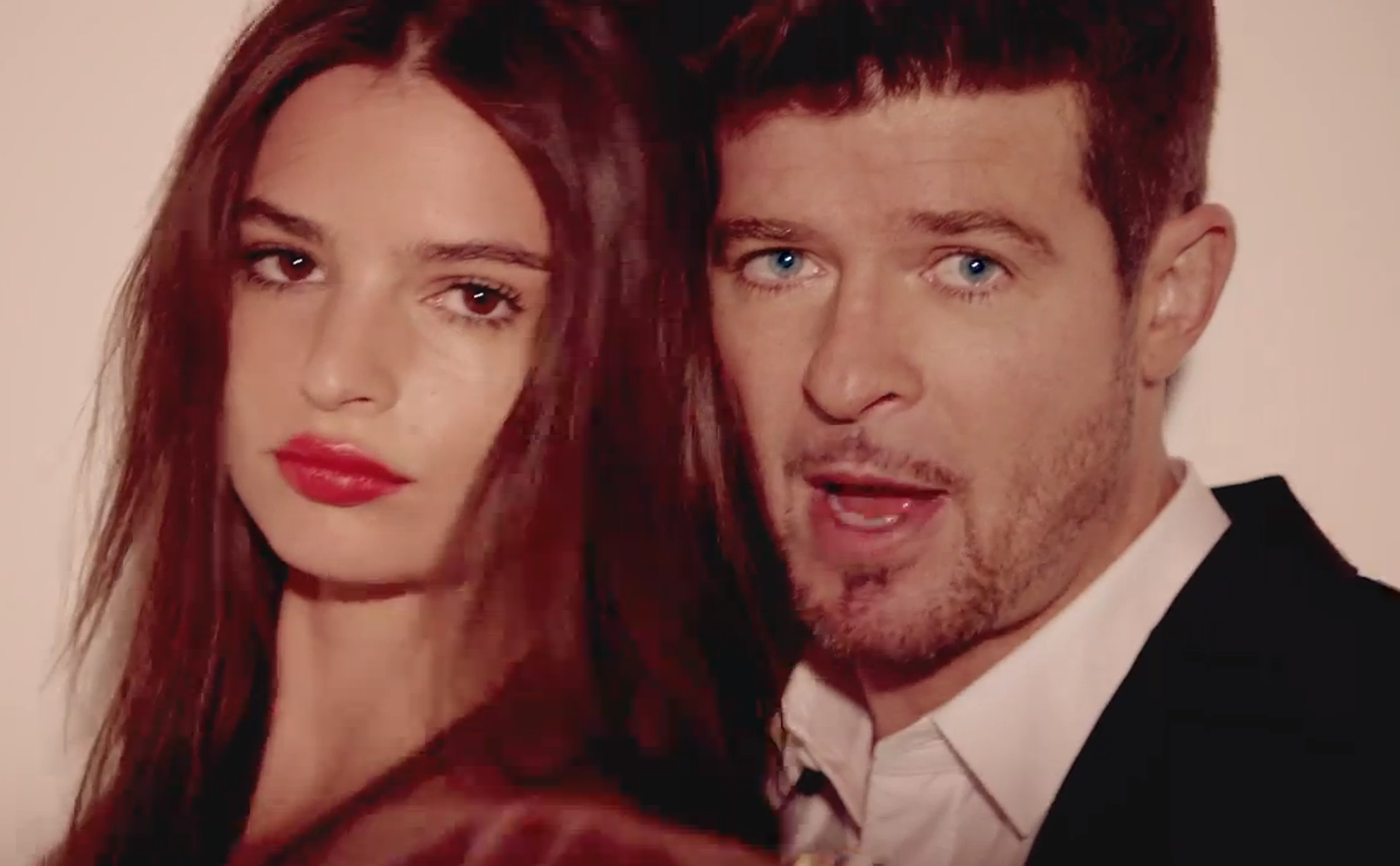The backlash against the backlash? St Andrews is the first university to vote to keep 'Blurred Lines'

Following a heated student council debate St Andrews University have voted not to ban Robin Thicke’s controversial song "Blurred Lines".
The vote concluded with a 13-7 majority vote against the ban, meaning that the song will continue to be played at student union events.
Chloe Hill, a member of the student service council who proposed the ban, said she was disappointed with the council decision.
“Students have come to us to say they are very unhappy with the song," she told St Andrews' student newspaper The Saint. "They are very unhappy with what the song advertises. We are here to debate these issues and we are here to make sure that the students’ association as a building is a place that students want to come.”
During the debate however this line of argument was side-tracked as discussions became focused on the issues of artistic license and censorship.
Sadie Hochfield, the association's community relations officer, claimed that the top 40 is filled with illicit material, “unfortunately there is sexism, there’s racism, there’s domestic violence and if you ban one, it’s a slippery slope”.
For Hill, however, the censorship concerns laid out by the council were not enough. “I agree that there needs to be a line but surely the line is between being sexist and promoting rape. There’s a point at which it becomes dangerous and I think that is probably it.”
Other universities' student unions, including at Edinburgh, Leeds, Derby and the University of Western Scotland, have all banned the song due to its controversial lyrics.
Thicke himself has dismissed accusations of rape connotations as ‘ridiculous’, insisting to GQ magazine that he has 'always respected women'.
Join our commenting forum
Join thought-provoking conversations, follow other Independent readers and see their replies
Comments
Bookmark popover
Removed from bookmarks